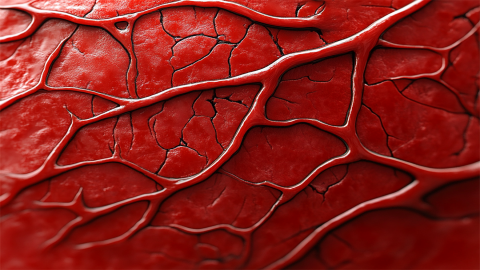Varicose veins, are they a type of vascular blockage?
Generally speaking, varicose veins are not caused by vascular blockage, but mainly related to poor blood circulation. It is recommended to seek timely medical attention to determine the exact cause and receive appropriate treatment under a doctor's guidance. Detailed analysis is as follows:

Varicose veins mainly refer to weakened venous walls and venous valve insufficiency, which lead to poor venous blood return and blood stasis within the veins, causing the veins to become twisted and dilated. Vascular blockage refers to complete or partial occlusion of the vascular lumen due to thrombus formation or rupture of atherosclerotic plaques, preventing normal blood flow. Although varicose veins can affect local blood circulation, their mechanism differs from vascular blockage, primarily manifesting as impaired venous blood return rather than physical occlusion of the vessel lumen.
If varicose veins develop, patients may follow medical advice to use medications such as diosmin tablets, sodium aescinate tablets, and dicoumarol tablets for treatment. Adequate rest should also be taken in daily life, avoiding prolonged sitting to facilitate recovery.








